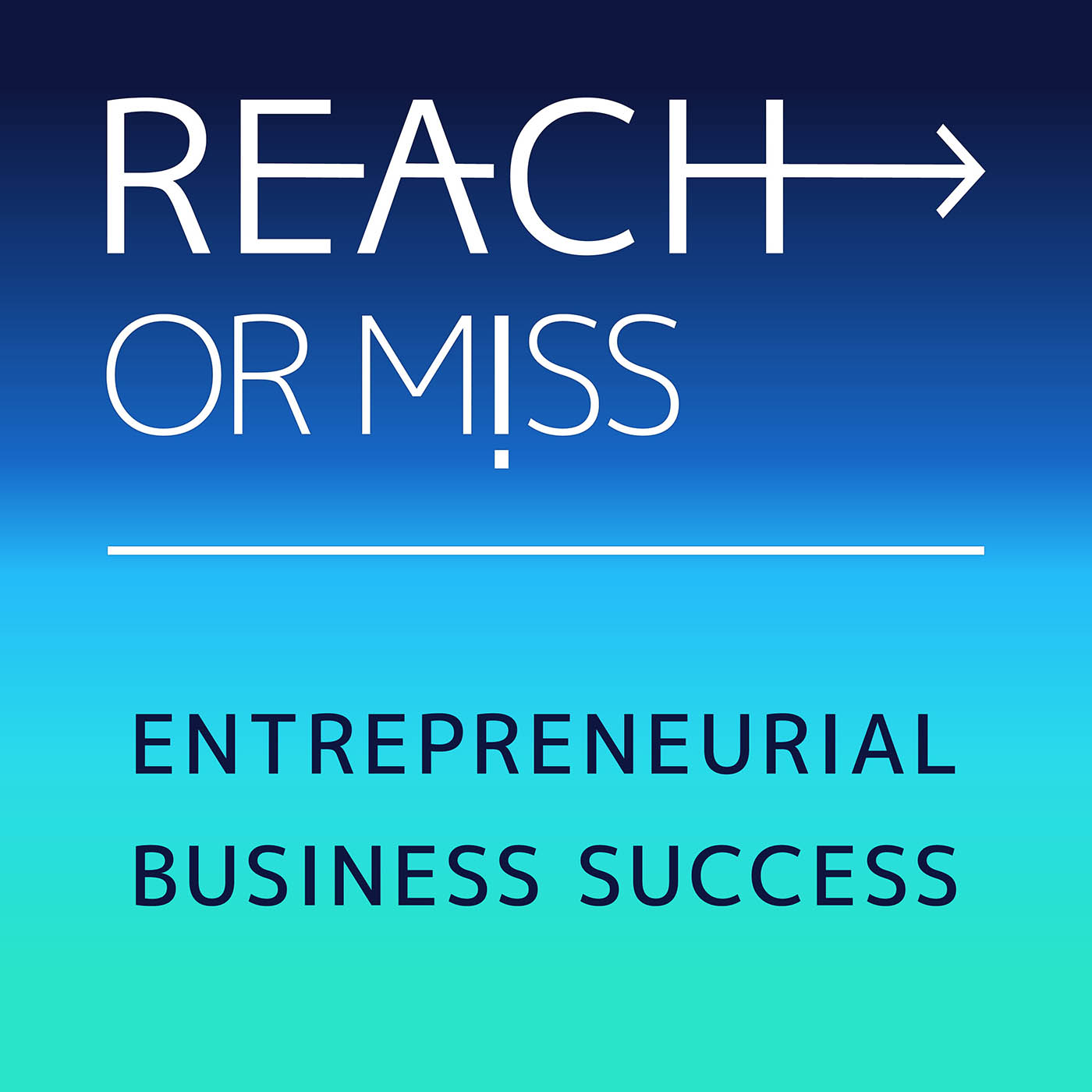Ep. 142 - Jeremy Goldman - You can't get your whole satisfaction from getting to the top - the satisfaction needs to be the whole journey

b'
Futurist Jeremy Goldman has been working with companies looking to take their operations online and inject \\u201csocial\\u201d into their processes for over a decade.
Under Jeremy\\u2019s leadership, companies like Kiehl\\u2019s, TEMPTU or the luxury division he helped Unilever to found, have had tremendous success and won the highest Awards and publications\\u2019 mentions.
Jeremy earned his MBA in Information Systems and Marketing at the University of Maryland\\u2019s Robert H. Smith School of Business. His views have been featured in publications such as Mashable, Wall Street Journal, Smart Money, and more.
Jeremy\\u2019s first book, Going Social: Excite Customers, Generate Buzz, and Energize Your Brand with the Power of Social Media was released by AMACOM Books in November 2012, hitting the #1 spot on Kindle for social media and business.
In his spare time, Jeremy blogs and curates news daily to his Twitter following of 55,000.
Most passionate about
- I had an interesting year. I sold my company, Firebrand Group, which I had started seven years earlier. After selling it, I took a little bit of time to figure out what I wanted to do next, what would be my next big challenge.
- My wife was pregnant with our third child and I took some time to help her with our two other kids and with the baby. I felt very fortunate that I was able to do that.
- One of the things I realized is that entrepreneurship is usually respected by some but not by everybody. The next thing I want to do is find a company that has an incubator or a venture fund that wants to launch new ideas and move things a little bit faster and that needs someone with an entrepreneurial background. So, I want to remain an entrepreneur but help other companies move ahead.
Jeremy\\u2019s entrepreneurial journey
- The decision to help other entrepreneurs was born out of some previous successes that I had when I went to Unilever, just before I established Firebrand. I was the first employee of a technology-based beauty startup that invented a luxury product Unilever tried to sell for $600, when they were known for five-dollar soap. It was a very disruptive idea.
- It required a different skillset than Unilever had. Not only was it successful and not only did they sell it to another company with a pretty profitable exit, but it was the inspiration for them to launch an entirely new prestige division.
- In Unilever, I was able to, in a short time frame, do something that was pretty impactful for them, something that made me think that if I could do it for them, maybe there were other companies with that desire to move quickly but that didn\\u2019t have the skills and the ability. When you are a $60-billion consumer products company, generally you have a little bit more of a conservative mindset than the typical entrepreneur has.
- When I launched Firebrand, I had a book called Going Social coming out. It was about teaching businesses how to prioritize social media and digital marketing, how to focus on the things that work instead of just the things that generate some buzz. A lot of companies are focusing on the wrong things.
- I wrote that book and I realized that there are a lot of companies that need that kind of assistance. I took a combined approach of a consulting/agency mindset, which was that there are some clients that need us for a consult and advice and some clients that need us to execute. Some companies need us for \\u201cin between.\\u201d I wanted to help them do what was needed and teach them at the same time.
- The teaching aspect was probably one of the most impactful aspects of Firebrand. I\\u2019m a big believer in teaching. If I can help these people make smarter decisions, they will go on to be better marketers in the future. I take a lot of pride in that.
- I established Firebrand Group and ran it for six-and-a-half years until I felt I...'